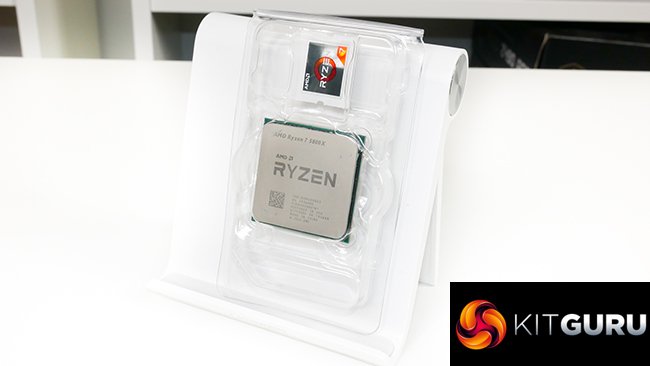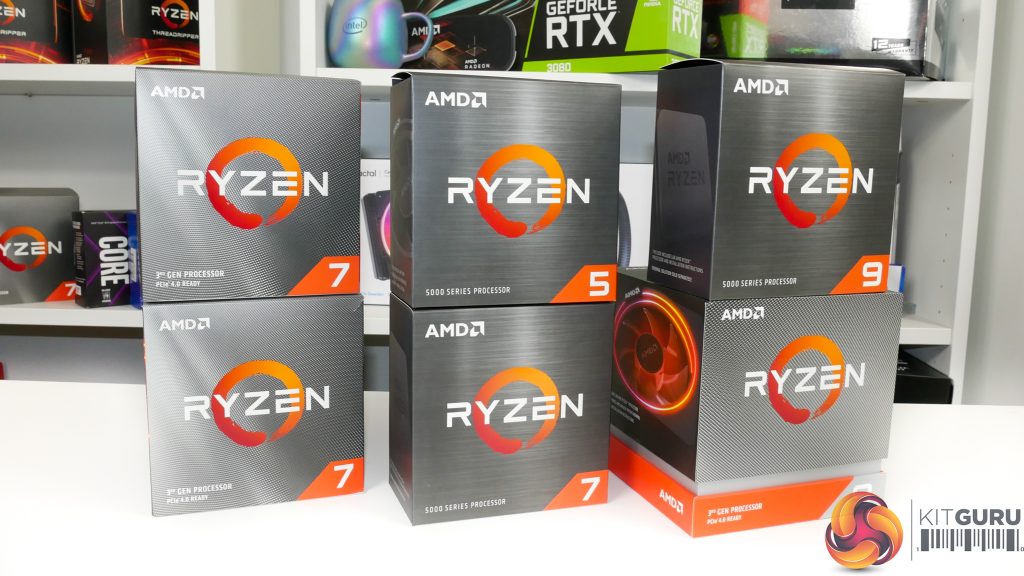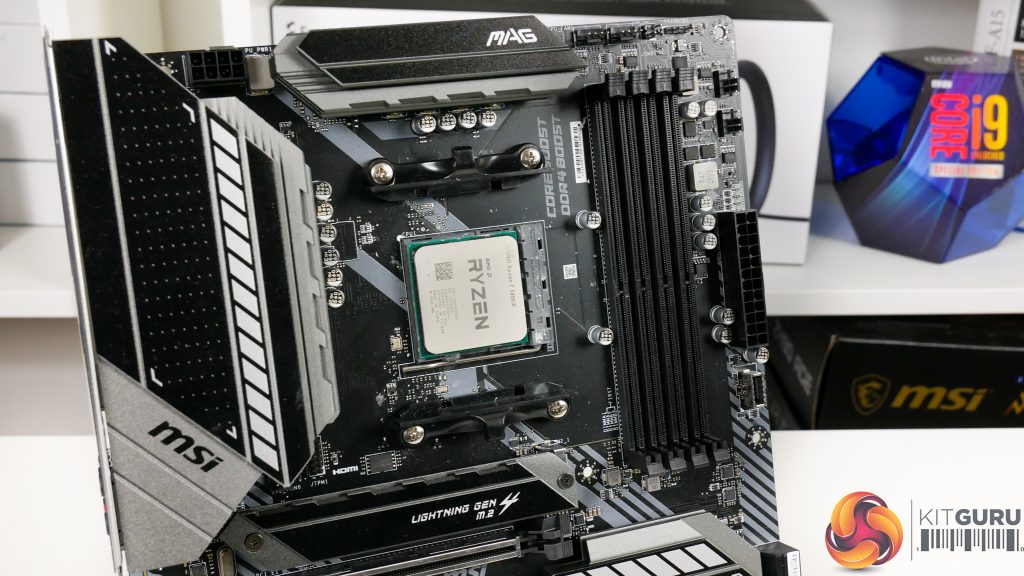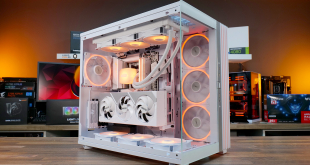
AMD’s Zen 3 Ryzen 9 chips – the 12-core 5900X and 16-core 5950X – have proven to be winners in their respective market segments. But selling for £520 and £750 respectively, there is need for lower cost options to appeal to the mass market. Is the £420 Ryzen 7 5800X 8-core the option that users were looking for? Or has AMD increased the price versus Zen 2 predecessors by too much?
The AMD Ryzen 7 5800X is an 8-core, 16-thread processor that operates with a 3.8GHz base frequency and 4.7GHz maximum boost with a 105W TDP. MSRP is set at $449 but comes in at £420 in the UK. That’s a $50 MSRP increase in price over the Zen 2 Ryzen 7 3800X/3800XT it replaces.
More challenging, though, is the often £90 availability price increase versus the 105W TDP 8-core Zen 2 chip, or £120-130 extra versus the Ryzen 7 3700X.
AMD’s chosen process node is still TSMC 7nm, but it is the tweaked design logic as applied with the frequency enhanced Ryzen 3000XT chips launched in July 2020. That should help reach and sustain higher boost clocks versus original Zen 2 Ryzen 3000X chips.
Unsurprisingly, the Ryzen 7 5800X uses the same Zen 3 architecture as the Ryzen 9 5900X and Ryzen 9 5950X. For more details on the architecture and the differences of Zen 3 versus Zen 2, check out our main Ryzen 9 5000 series launch reviews HERE and HERE.
Put simply, the Ryzen 7 5800X now uses a single 8-core Zen 3 CCX for its sole core CCD chiplet. You still get the same 12nm IO die as the other Zen 3 and Zen 2 processors. Using a single, fully packed 8-core chiplet means that the Ryzen 7 part gets 32MB of L3 cache to go alongside the 4MB of L2 cache via its core count.
That’s a 32MB reduction in L3 cache from the Ryzen 2 dual-CCD chips and is the same amount as the cheaper single-CCD Ryzen 5 5600X.
Put simply, it looks as if AMD has priced the Ryzen 7 5800X based on the premise that it is ‘stealing’ valuable full 8-core chiplets away from the more expensive Ryzen 9 5950X or Zen 3 EPYC processors. As such, the Ryzen 7 5800X looks to be priced as an upsell to the Ryzen 9 5900X that only costs £90 or 21% more in the UK but offers 50% more cores and 100% more cache.
Pricing the 8-core Zen 3 chip at £420 in the UK also brings Intel Comet Lake competitors into play. AMD will be fighting against the 16-thread Core i7-10700K for the title of ‘the fastest 8-core desktop processor’ but the Ryzen chip will do so with a £50 price disadvantage versus the £370 Core i7.
More importantly, however, is the competition brought about by Intel’s £440 Core i9-10850K, which is basically just a 100MHz slower Core i9-10900K but significantly cheaper. This 10-core, 20-thread Comet Lake chip will have a top-end frequency advantage versus the Ryzen 7 5800X and 25% more cores, but AMD will be fighting with the superior Zen 3 architecture and stronger AM4 platform capabilities.
The fight between the Ryzen 7 5800X and the closely priced Core i9 10-core competitor will be particularly interesting, so let’s jump into the testing.
 KitGuru KitGuru.net – Tech News | Hardware News | Hardware Reviews | IOS | Mobile | Gaming | Graphics Cards
KitGuru KitGuru.net – Tech News | Hardware News | Hardware Reviews | IOS | Mobile | Gaming | Graphics Cards





